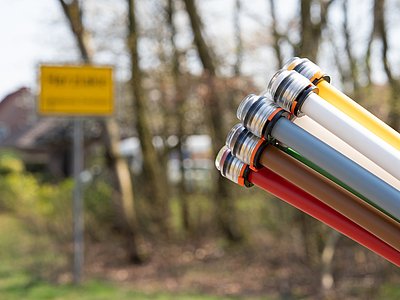Companies that are obliged to provide universal services in an unserved area about telecommunications services at a fixed location are entitled to compensation for unreasonable net costs. Determining the net costs is a complex task. On the one hand, the service-specific additional costs (incremental costs and revenues) at both the end customer and wholesale level must be demonstrated in terms of cost accounting. The intangible benefits from the provision of the universal service must also be documented. The provision must be cost-efficient. This raises the question of whether the type of connection can be chosen on a technology-neutral basis, which should be possible in principle. The question whether calculated net costs can be considered as reasonable could be derived from the impact on the profitability of the obliged company and the influence on competition.
This article presents the methodological challenges of the net cost calculation in the multitude of aspects to be considered. An assessment is made as to whether intangible benefits are relevant regarding the universal service regime. Aspects relevant to the assessment whether net costs should be considered as reasonable are discussed. The question of cost efficiency is analysed against the background of the dynamic nature of the technical minimum requirements for universal service. Exemplary cost calculations are conducted for FTTC and FTTH PtP are conducted in order to identify relative cost advantages and its drivers.



![[Translate to English:] Fabian Eltges](/fileadmin/_processed_/d/a/csm_Fabian-Eltges_add94dedcf.jpg)